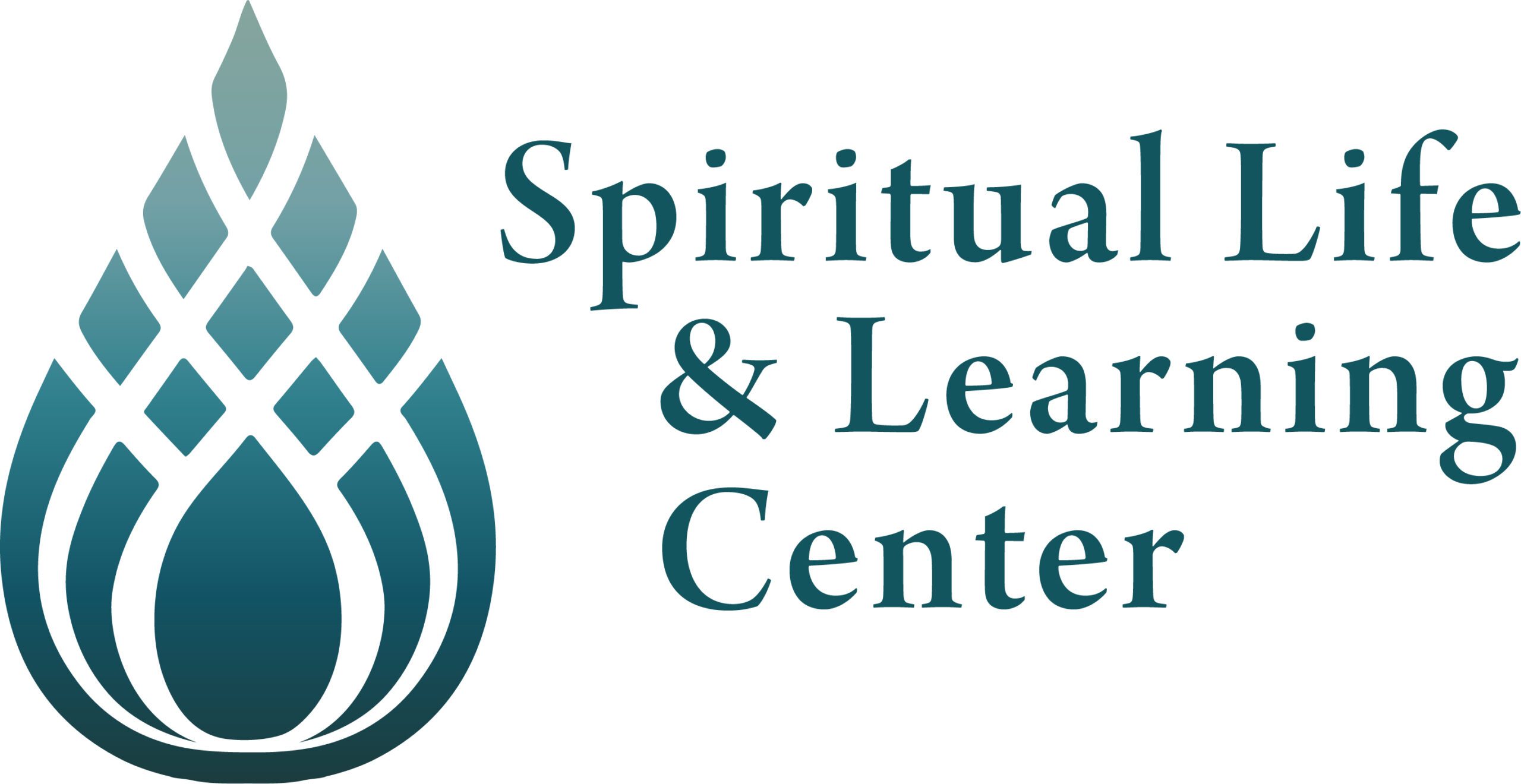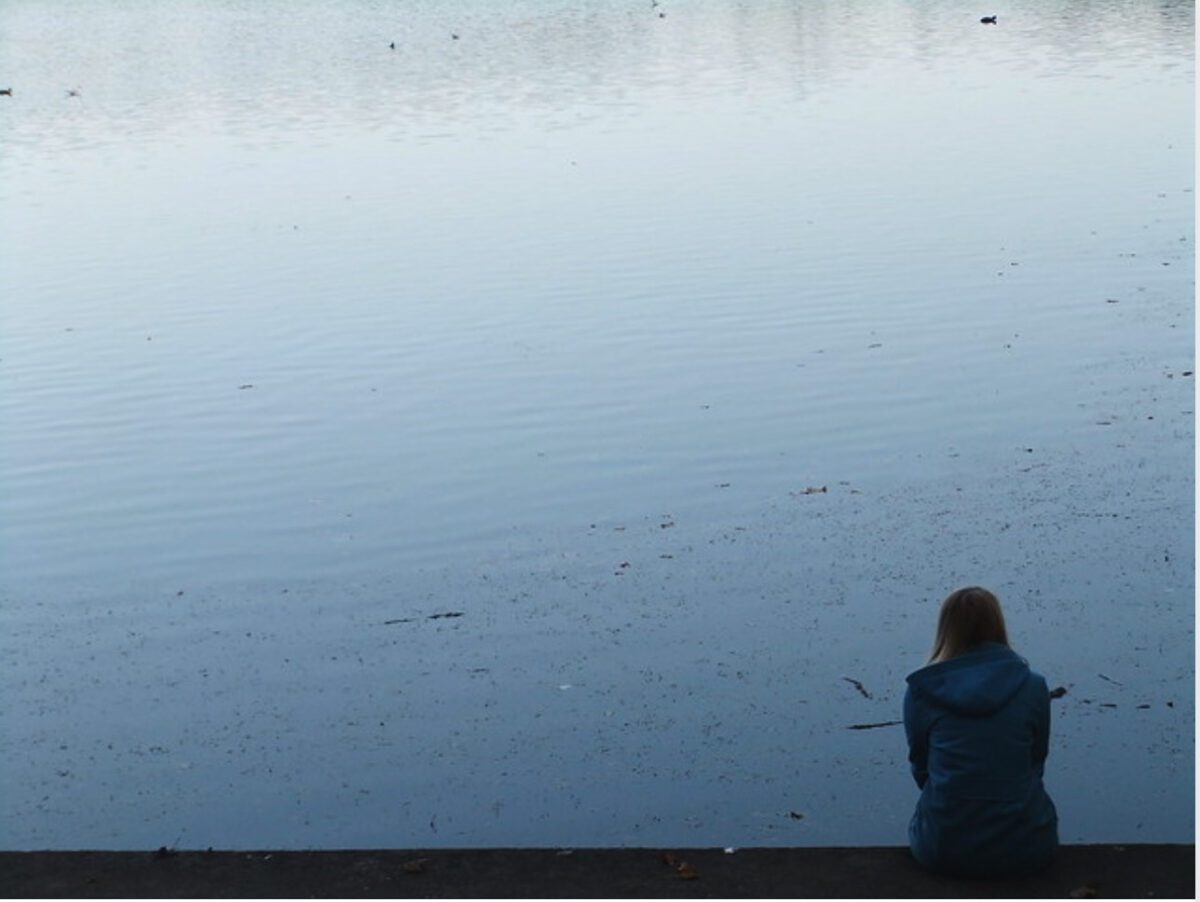After years of inquiry, meditation and other spiritual practice, I have come to easily accept “consciousness as God,” as Peter Russell said in A Physicist’s Journey into the Mystery of Consciousness.
In the same way that religionists can never pin down the nature and definition of “God,” there is something irreducible about the quality of consciousness that seems to frustrate researchers, more recently neuroscientists and information theorists. Science writer Margaret Wertheim says that “the questions underlying consciousness have haunted modern science from its beginnings, for the attribution of consciousness is one of the foremost qualities distinguishing us as something other than a complex set of dials.” In other words, the ineffable quality of consciousness defuses a mechanistic view of life and the universe.
I believe this is what our former Spiritual Searcher, Nancy Ellen Abrams, is getting at in her thesis, A God That Could Be Real. In my words, Abrams indicates that what gives rise to this “God that could be real” is the “collective consciousness,” the conscious evolution of humanity (if not of the entire planet). What I especially like about her thesis is that it serves as a bridge between our necessary acceptance of the knowledge realm of scientific understanding with a recognition of the ultimate Mystery that is existence, a recognition that arises from a differing realm of knowledge. And more importantly, in my opinion, she gives a common language for an ecological morality to sustain “the future of our planet,” as her subtitle reads.
In his major work, Inner Journey Home: Soul’s Realization of the Unity of Reality, spiritual visionary A.H. Almaas says, “The philosophical position of science—its exclusive reliance on the discursive mind and the physical senses for knowing—cannot be the ultimate arbiter of truth if science is to be integrated with an understanding of the self and of God or Being. [For] according to the senses, there are no such things as soul and God; they cannot be verified scientifically.”
So he asks a question all these writers seem to be asking: “Is there a more fundamental dimension of knowing, a real dimension that can support both science and spirituality?”
Almaas puts this together for me in describing soul as a “field of consciousness”—the soul is “a medium composed of pure consciousness. The capacity to be conscious of something…reflects the fact that the soul is first and foremost an organism of consciousness. We can be conscious because we are consciousness.”
Or, as Peter Russell defines it, When many mystics say, “I am God,” or words to that effect, they are not talking of an individual person. Their inner explorations have revealed the true nature of the self, and it is this that they identify with God. They are claiming that the essence of self, the sense of “I am” without any personal attributes, is God.
“We are always this consciousness,” says Almaas, “and are always feeling ourselves as consciousness, but do not recognize this because we are paying attention exclusively to the content of our consciousness; we are constantly listening to the stories we tell ourselves about who and what we are.”
So just a little exercise to practice if you have a minute right now: Just settle into yourself wherever you happen to be. Notice what you are aware of: the room you are in, the temperature, sounds, etc., and also be aware of any inner sensations or feelings. Just be aware of sitting in your chair, if you are sitting, and notice your feet on the floor. And slowly allow yourself, if you can, to simply become aware of your awareness. Breathe into this “awareness” for a few moments. You may notice that this pure awareness itself extends beyond your body boundaries.
As you reflect on this experience you might have noticed that you were likely not too engaged in the mental activity that is so common in our moment-to-moment experience; that is, telling ourselves the stories of “who and what we are.” You were sitting more fully in the field of consciousness, and perhaps you still are. There is a spaciousness here that holds more awareness of the “Godness” of being, and where our usual sense of self “shrinks,” becoming less evident and controlling.
Contemplating this experience puts me in mind of Rumi’s poem, “Out beyond ideas of wrongdoing and right-doing there is a field–I’ll meet you there.” To paraphrase him, “out beyond ideas of self, world and reality,” there is a field we all share—the field of consciousness. I have this sense that the whole play of God, of reality, of self and other, of creation could be observable if we could sit more deeply in—see more clearly from—this entire field. In life, we are, as the literary phrase goes, always “at play in the fields of the Lord.”





